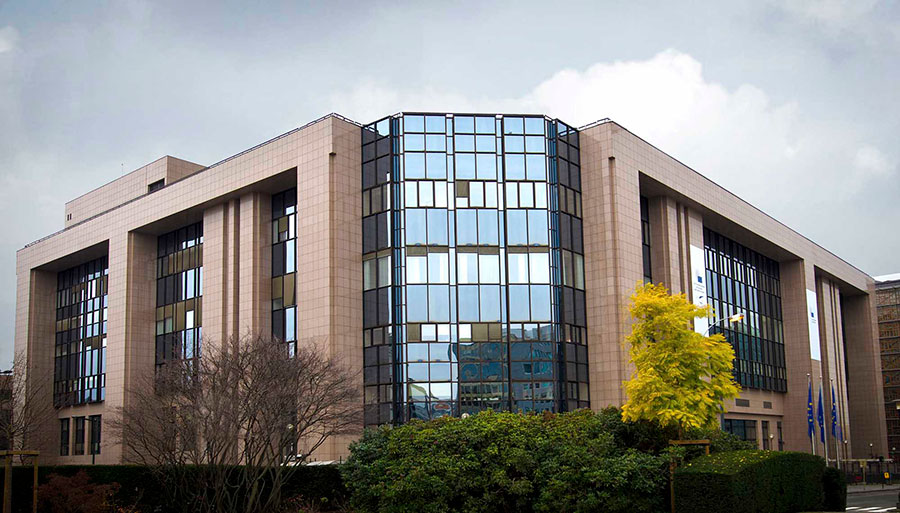The European Council adopted the EU annual report on human rights and democracy in the world for 2018.
The report noted that in 2018 the EU remained at the forefront of the protection and promotion of human rights in a rapidly changing geopolitical landscape. The EU engaged in activities across the globe in line with the objectives set out in the EU action plan on human rights and democracy (2015-2019). The Council recognised that in a volatile and unpredictable world, the Action Plan has been instrumental in taking forward the human rights agenda.
2018 was the 70th anniversary of the Universal Declaration of Human Rights (UDHR), and during this year the EU continued to strongly support the promotion and protection of human rights at the heart of multilateralism – particularly important at a time when there have been serious negative trends in human rights and democracy around the world.
The year saw an increase in threats and violations against journalists and other media workers, further shrinking the space for free journalism. In line with the priorities of the Global Strategy for the EU’s foreign and security policy, the EU continued to firmly oppose any unjustified restrictions of the rights of freedom of association and of peaceful assembly.
The 2018 annual report also notes that this year was not only about human rights challenges and setbacks; there was also a positive change. In 2018, the EU acted to identify and support positive human rights narratives, building on the vision of a human rights-based 2030 Agenda. The EU-led ‘Good Human Rights Stories’ initiative launched at the 73rd United Nations General Assembly (UNGA) generated broad cross-regional resonance and aims to provide an effective vehicle for positive change in the future.
Part of the report regarding Serbia states:
1. Overview of the human rights and democracy situation:
Please refer to the 2019 Enlargement Package Country Report for Serbia.
2. EU action – key focus areas: The EU continues to closely monitor the respect for human rights within the framework of the EU accession negotiations, in particular under Chapter 23 – Judiciary and fundamental rights. There is a regular policy and political dialogue on both technical and political levels, drawing from monitoring of the implementation of the action plan for Chapter 23, regular peer reviews, EU-funded projects, and engagement with international organisations and civil society. In this regard, key focus areas include freedom of expression, human rights institutions and the rights of persons belonging to national minorities, including the Roma.
3. EU financial engagement: In 2018, the EU continued to implement a number of projects under the Instrument for Pre-accession Assistance (IPA) to support anti-discrimination policies and to improve the situation of vulnerable people, including Roma, refugees and internally displaced persons. In 2018, there were several projects on Roma inclusion with a total value of EUR 11.4 million. Under IPA 2018, EUR 20 million were programmed to promote social housing and inclusion. The EU also committed EUR 0.5 million to establish a ‘Resource Centre for Civil Society’.
In the context of the EU Civil Society Facility ten grants with civil society organisations with an overall value of EUR 2.3 million were implemented during 2018. Three new projects were also awarded to civil society organisations in December 2018 (EUR 0.7 million). Support in the form of long-term grants, which include capacity building of grassroots organisations, will increase the effectiveness of Serbian CSOs to undertake initiatives focused on the rule of law, regional cooperation and participation in Serbia’s accession negotiations and policy monitoring.
Nine projects funded under the European Instrument for Democracy and Human Rights (EIDHR) for an amount of EUR 1.75 million were implemented during 2018. These projects focus on promoting and protecting the rights of minorities, LGBTI persons, children, and persons with disabilities. There are also projects aimed at preventing torture, protecting human rights defenders and promoting gender equality. One regional EIDHR project covering Serbia and North Macedonia for an overall amount of EUR 612,000 focused on preventing torture, addressing its consequences and fighting impunity.
4. Multilateral context: In 2018, the Universal Periodic Review (UPR) Working Group of the UN Human Rights Council discussed the state of human rights in Serbia. Out of 190 recommendations, Serbia accepted 175. The largest number of recommendations relate to freedom of the media and protection of journalists. Other recommendations relate to discrimination against national minorities, women and children, and Roma. Further efforts are needed to address trafficking in human beings and strengthen the independence of judiciary and the Ombudsman.
In June 2018, the European Committee for the Prevention of Torture and Inhuman or Degrading Treatment or Punishment issued a report on its ad hoc visit to Serbia, stating that ill-treatment has not been eradicated and remains an accepted practice within the current police culture.
For further information:



